Banish the bloat with this special diet designed to get your gastrointestinal tract off to better health.
Do you suffer from bloating? Do you experience abdominal pain or alternating diarrhoea and constipation? You may have a condition called irritable bowel syndrome (IBS).
What is IBS?
IBS occurs when the digestive system has trouble absorbing certain sugars found in foods. The unabsorbed sugars ferment in the gut producing gases which can cause bloating, pain and diarrhoea or constipation.
IBS is diagnosed by your doctor, gastroenterologist or dietitian after ruling out the presence of other gastrointestinal disorders such as coeliac disease, Crohn’s disease, ulcerative colitis, bowel polyps and infections.
IBS can be treated by following a strict diet supervised by a dietitian who eliminates all foods high in particular types of sugars such as fermentable oligosaccharides, disaccharides, monosaccharides and polyols (FODMAPs). After following the diet for three months your health professional will help you to slowly reintroduce these foods to see which of these sugars can be tolerated.
Foods to avoid
1. Fructans
These are the fermentable oligosaccharides (sugars containing three to 10 molecules). There are two types of oligosaccharides; fructo-oligiosaccharides and galacto-oligiosaccharides. Wheat is one of the best known oligiosaccharides and is a common culprit for IBS. Other oligiosaccharides include onions, garlic, rye and legumes.
2. Lactose
Lactose is a disaccharide which causes the most problem for people with IBS. Lactose is found in many dairy products.Foods which may contain large amounts of lactose include:
- Milk (cow, sheep & goat)
- Custard
- Soft cheese (ricotta & cottage)
- Evaporated milk
- Ice cream
- Condensed milk
- Yoghurt
- Dairy based desserts eg. Mousse.
Even if your body has difficulty digesting lactose, it is still essential that you meet your calcium requirements. Try having small regular amounts of dairy products throughout the day, mixing dairy products with other foods (for example putting milk on top of breakfast cereal), change to calcium fortified soy products or enzymes to help better digest the lactose in your diet.
3. Fructose
The most problematic monosaccaride in IBS is fructose. Fructose is found in some fruits, vegetables and honey. Not all foods containing fructose are a problem for people with IBS. It depends on the amount of fructose in the food, the amount of other sugars in the food and the amount of food that you are eating. Foods that contain excess amounts of fructose include apples, pears, peaches and figs.
If you have an intolerance to fructose, it is also essential that you limit foods that contain concentrated sources of fructose, such as:
- Fruit juice
- Dried fruit
- Tomato paste
- Chutney and relish
- Soft drinks
- Plum, sweet ‘n’ sour and barbeque sauce
- Lollies
- Large amounts of fruit at one time
- Wine and port
4. Polyols
Polyols also known as sugar alcohols, are a type of artificial sweetener. If you are struggling with symptoms of IBS, you may like to try avoiding foods containing artificial sweeteners such as xylitol, mannitol or isomalt.
Sorbitol, another type of polyol, is also found naturally in some foods, such as apricots, mushrooms and cherries.
A common mistake that people with IBS make is to cut out large groups of foods, leaving them deficient in important nutrients. It is essential that if you cut out a food, it is replaced by a food with a similar nutritional profile.
If you suffer from symptoms of IBS, don’t just put up with it! Contact your health professional who can help you to identify foods that your body may not be absorbing properly and modify your diet accordingly.

